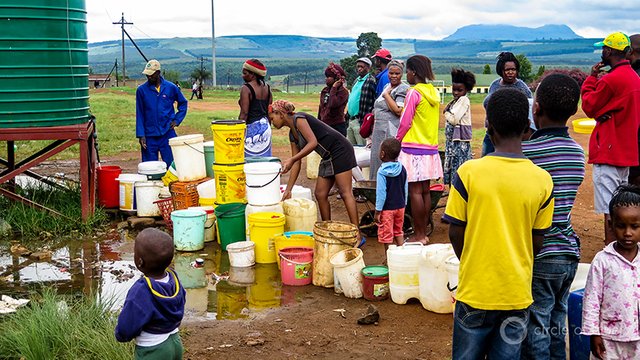Cape Town's Water Crisis:
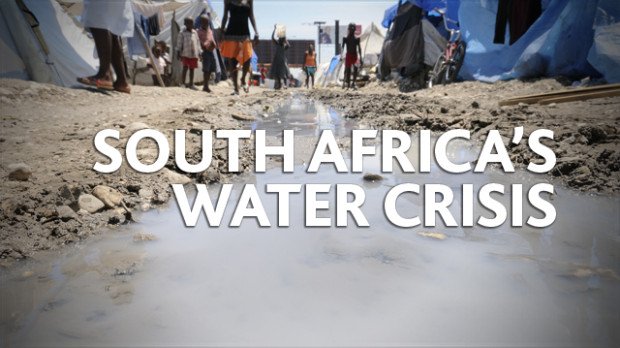
CAPE TOWN - A chronic drought that could leave South Africa’s Cape Town without water within weeks is hurting visitor numbers and knocking a rare economic bright spot, officials said on Friday.
With experts predicting Cape Town will run out of water in mid-April, residents have been told to limit usage to 50 liters per person per day. An average bath holds 80 liters of water.
Hotels have asked guests not to use baths and to limit showers to two minutes or less, while some restaurants are switching to disposable cups and ditching table linen.
Around 10 million tourists visited Cape Town last year, drawn by iconic sights like Table Mountain, its long sandy beaches and clutch of nearby wine farms.
Tourism accounted for an estimated 9 percent of South Africa’s economic output last year, or 412 billion rand ($35 billion).
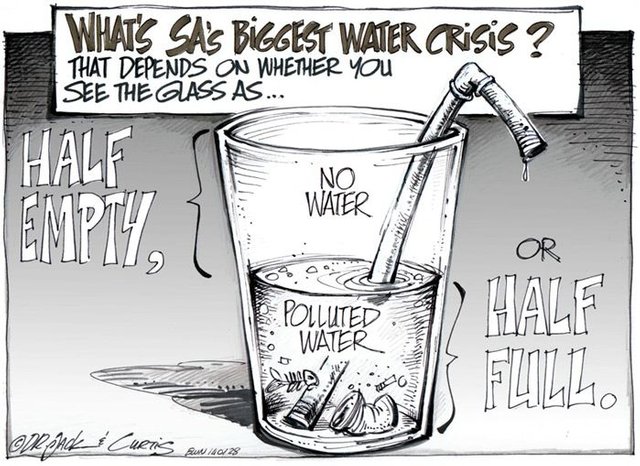
People queue to collect water from a spring in the Newlands suburb as fears over the city's water crisis grow in Cape Town, South Africa, January 25, 2018. Picture taken January 25, 2018.
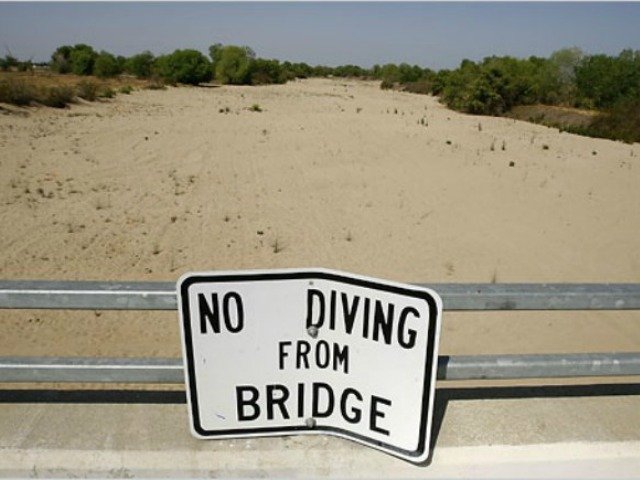
Though visitors are sympathetic to Cape Town’s plight, there are fears that people may stay away due to the inconvenience of water restrictions or because they don’t want to add to demand.
“There’s no doubt that the knock-on effect of the water conservation crossroads we find ourselves in has had an impact on tourism,” said Enver Duminy, chief executive officer at Cape Town Tourism.
There is no official data available yet to quantify the impact water shortages are having on numbers but Duminy said there had already been cancellations.
The Global Sourcing Association, a large London-based non-profit, said on Friday it was postponing a major March conference in Cape Town to later in the year when it hopes the drought situation “will be alleviated”.
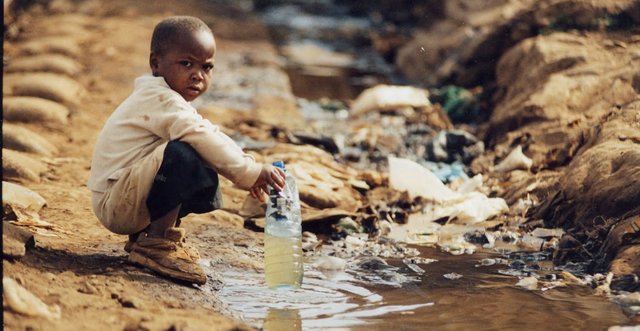
In a bid to limit the economic damage, which could spell jobs losses in a country with 25 percent unemployment, SA Tourism, a government agency, will soon embark on a global roadshow to reassure potential visitors.
“We are a tough country, a resilient country and I am quite confident we will find our way around this,” said Sisa Ntshona, SA Tourism’s chief executive.
